- RWD
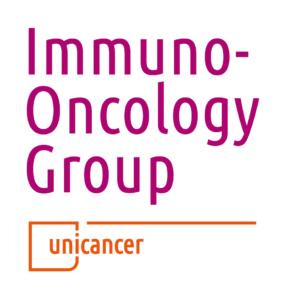
THE UNICANCER IMMUNO-ONCOLOGY GROUP
Contact us
PROMOTING AND DEVELOPING AN INNOVATIVE AND STRATEGIC RESEARCH PROGRAM IN THE FIELD OF IMMUNO-ONCOLOGY.
ASCO 2022

A non-inferiority randomized phase III trial of standard immunotherapy VS. reduced dose intensity in responding patients with metastatic cancer: MOIO study
Description
Established in 2016, the Unicancer Immuno-Oncology Group (GIO) embodies Unicancer’s strong desire to be a major player in immunotherapeutic cancer research. Bringing together renowned researchers and clinicians from the areas of immunology and oncology, this group offers a framework for cross-fertilisation. GIO naturally focuses on checkpoint inhibitors and combinations thereof with radiotherapy, chemotherapy or targeted therapies. The research perimeter of this group also extends to other immunotherapeutic agents having the potential to improve patient care (e.g. cell therapy, allografts, therapeutic vaccines).
GIO as a transverse Group interacts closely with the other Unicancer expert groups, pooling their respective networks as well as their biological, methodological and technical expertise, with the goal to conduct innovative and strategic clinical studies with a strong translational component in a standardized fashion. Within the GIO, a biology taskforce is dedicated to defining and coordinating a strategic program of biological samples collection and valorisation. Clusters of expertise will also be implemented over time based on the Group’s specific needs and ambitions.
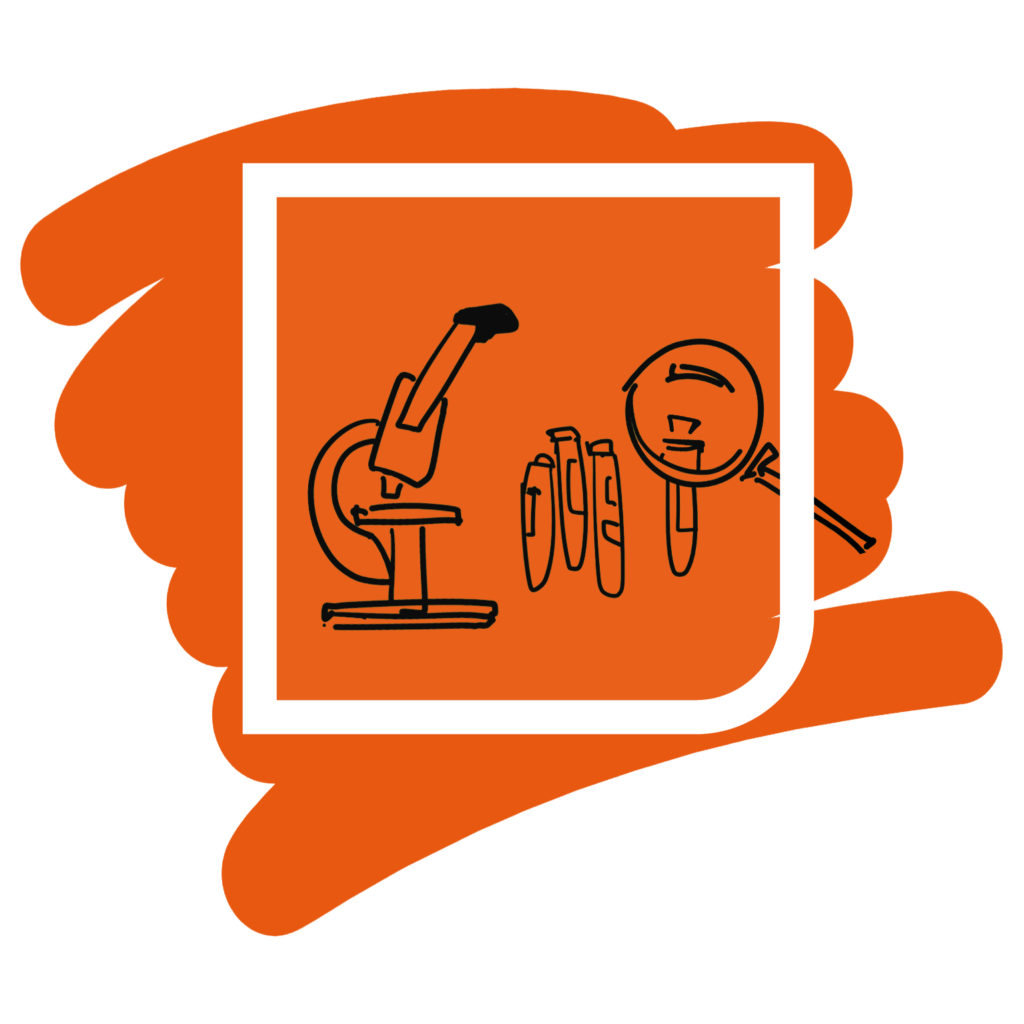
5 ongoing clinical trials
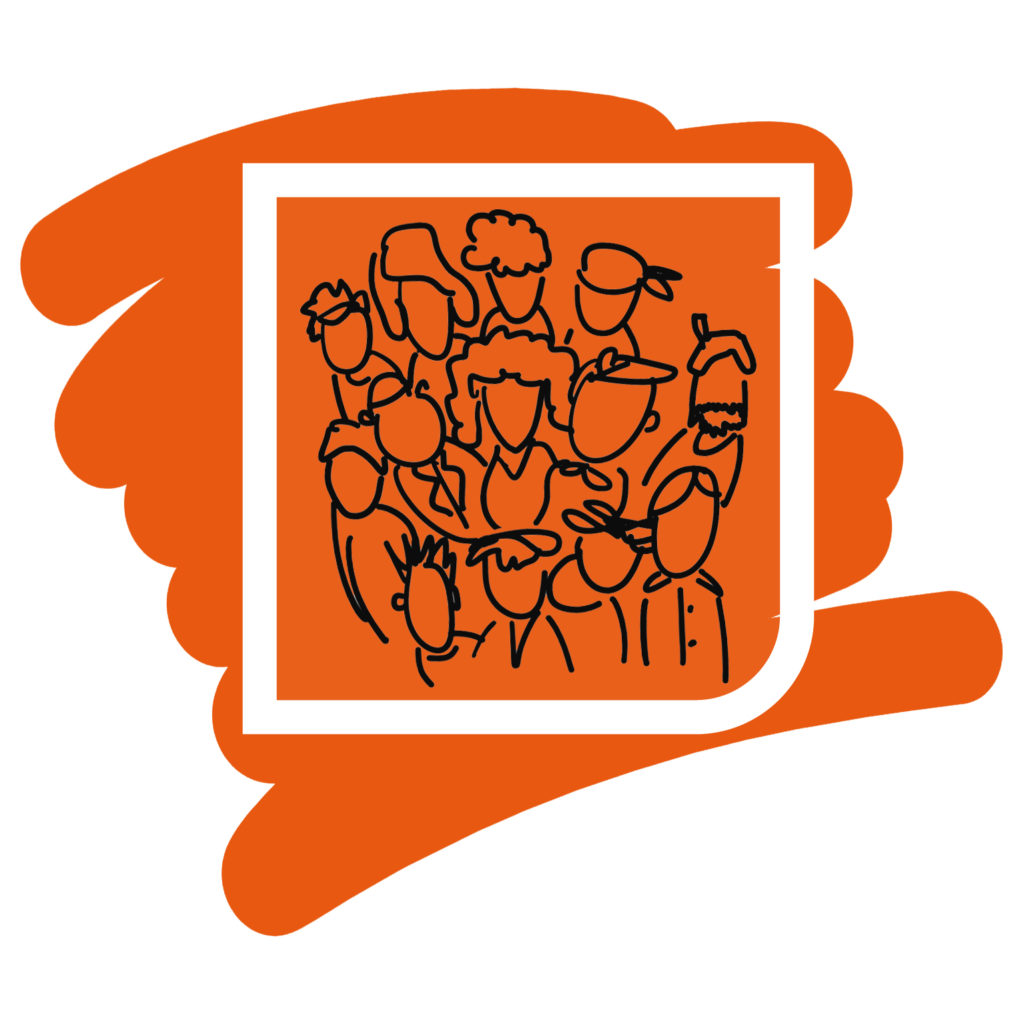
Around 700 patients included in trials sponsored by Unicancer

6 communications at international congresses (4 oral communications)
Governance
GIO acts under the governance of a steering committee, which is composed of members with various specialties (medical oncologists, pathologists, biologists, immunologists, statisticians,..) and with relevant experience in cancer immunotherapy and tumor immunology. Members represent the various institutions (FCCC, University Hospital, private centres) participating in clinical trials and in the definition of the group strategy.
The main missions of this steering committee are to :
- Define the strategic orientations, initiate and organize innovative research programs in the field of immuno-oncology
- Evaluate study proposals prior to their validation according to Unicancer’s usual procedures
- Validate the scientific value of the studies
- Propose and build prospective clinical trials/ancillary studies/ surveys or retrospective studies
- Promote the participation of all in cooperative work
- Conduct national and international clinical studies in immuno-oncology,
- Identify and involve beforehand all experts in the design of the studies
Strategic priorities
- To develop innovative immunotherapy programs that enable patient access to novel therapies
- To develop and evaluate therapeutic strategies involving immunotherapeutics
- To identify biomarkers associated with therapeutic response, in order to better target treatment to potential responders and rationalize treatment combinations
- To better understand the mechanisms of treatment resistance, whether innate or acquired.
- To describe the long-term treatment-related toxicity in a real-life setting and to identify associated risk factors, through large nationwide cohort studies
- To promote immunotherapy development in orphan indications
Key projects
MOIO
MOIO is a multicentre, randomised, open-label, non-inferiority trial of a reduced-intensity immunotherapy (IO) regimen compared to the standard IO regimen in patients with metastatic tumours (lung cancer, kidney cancer (except patients with a favourable IMDC prognostic score on IO/TKI combination), head and neck cancer, bladder cancer, triple-negative breast cancer, Merkel cancer, melanoma, or hepatocellular carcinoma) with partial or complete response (except for melanoma patients with complete response) after 6 months of standard OI treatment (as monotherapy or initially in combination with another immunotherapy or chemotherapy or continuous combination with pemetrexed or bevacizumab or a tyrosine kinase inhibitor).
A total of 646 patients will be randomised 1:1 into the 2 arms (Experimental Arm: Reduced Intensity IO” vs. Control Arm: Standard IO). Patient recruitment will start in January 2022 for a duration of 36 months.
If the hypothesis of non-inferiority of progression-free survival with a reduced dose intensity of Immunotherapy is verified, for patients in partial or complete remission after 6 months of standard immunotherapy, this could replace standard treatment and have a positive medico-economic impact allowing a decrease in treatment costs and toxicity and a better quality of life for patients. These new administration modalities could also reduce the congestion of day hospitals.
ACSE immunotherapy program
In 2017, under the aegis of the INCa ‘secured access’ (AcSé) programme, Unicancer launched AcSé Immunotherapy – twin trials aimed at evaluating anti-PD1 therapies (nivolumab and pembrolizumab) in 650 patients with specific rare cancers. Scientific coordination is provided by Dr Aurélien Marabelle and Pr Christophe Massard of the Drug Development Department (DITEP) at Gustave Roussy, with the support of the INCa rare cancer network groups. The French National Cancer Institute (INCa), the “Ligue Nationale contre le cancer“ (French League against cancer) and our industrial partners (Bristol-Myers Squibb and MSD France) provide treatments and financial support.
These phase II “basket” studies provide patients with specific rare metastatic or locally advanced cancers for which no other standard or experimental treatment options are available a secure access to immune checkpoints inhibitors. The study objectives are to assess the treatment efficacy and safety in each cohort and to identify predictive factors of response.
Acsé nivolumab
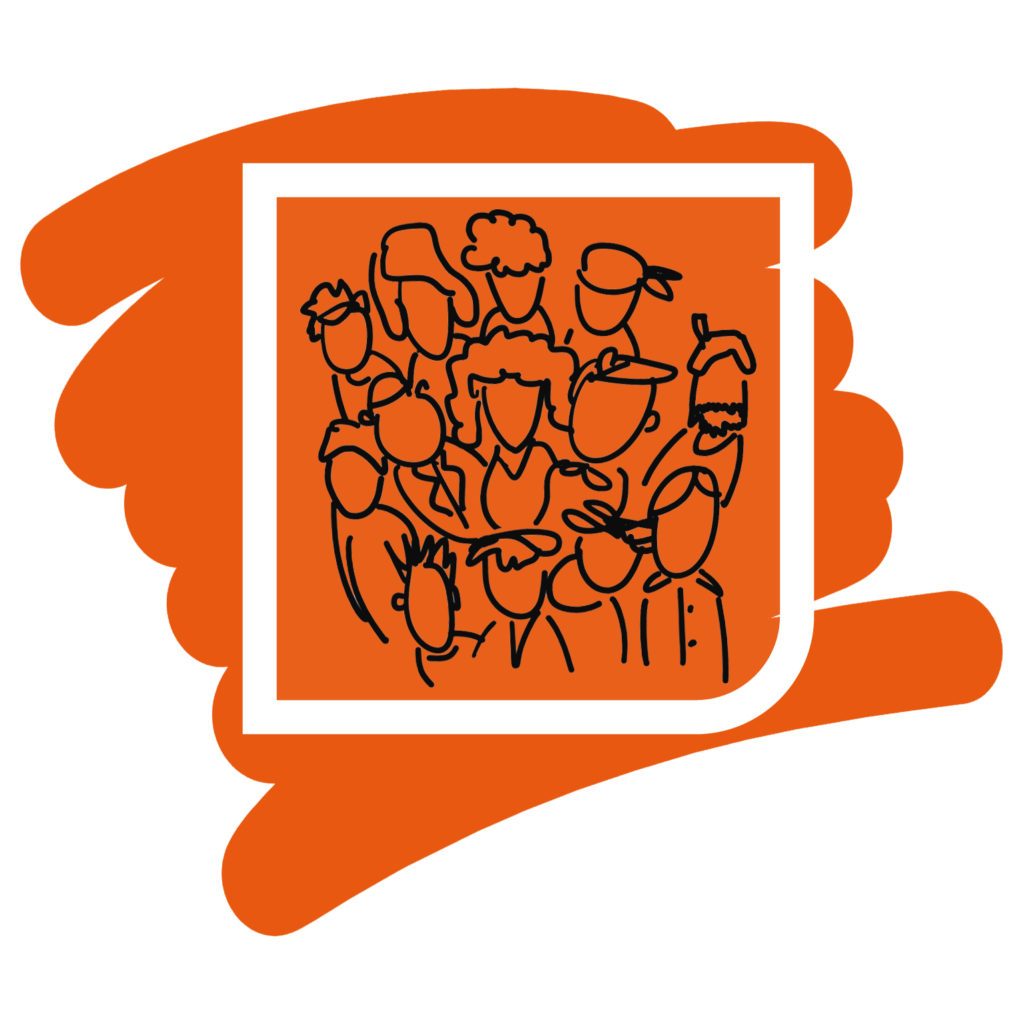
269 patients already included
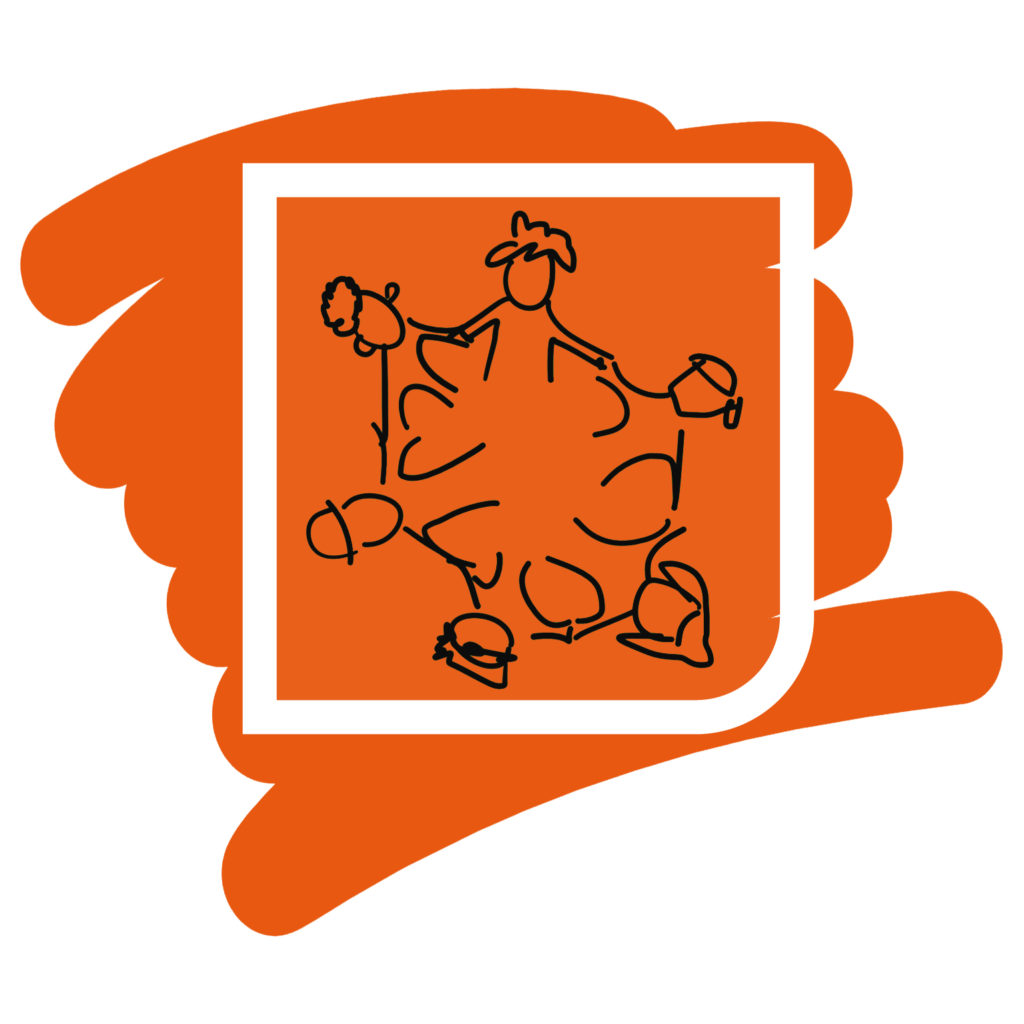
6 cohorts
- Non-clear cell renal cell carcinoma
- Rare head and neck cancer
- Rare skin cancer
- Non-colorectal cancers with microsatellite instability
- Penile cancer
- Cancers with POLE mutation
AcSé pembrolizumab

334 patients already included
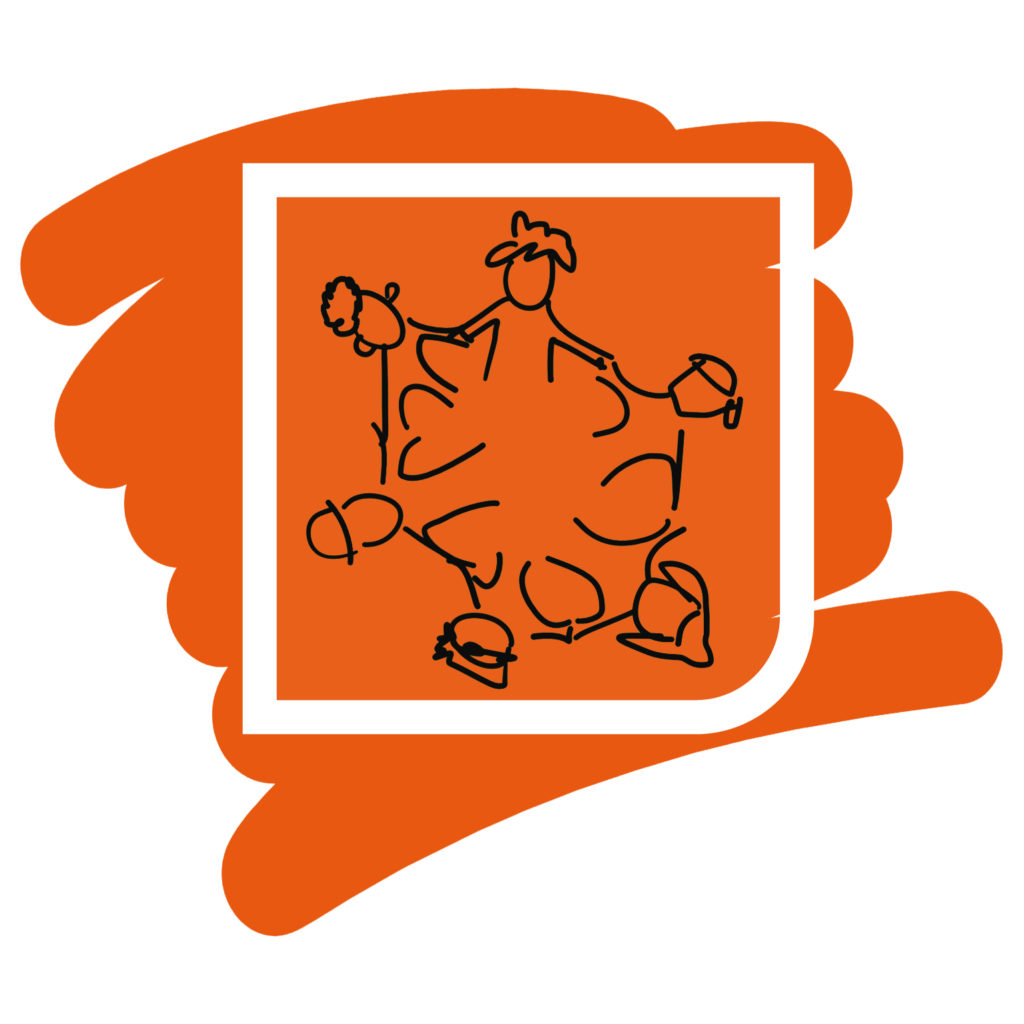
7 cohorts
- Rare sarcoma
- Rare ovarian cancer
- Primary central nervous system lymphomas
- Rare thyroid cancer
- Rare malignant neuroendocrine cancer
- Germ-cell cancer
- NK/T-cell lymphoma.
End of inclusions in December 2020.
The first results of Sarcoma and POLE cohorts have been presented at ESMO congress in 2020 (oral communications).
AcSé CIBLE : Ancillary program
This is an ancillary program which proposes to take a more pragmatic approach to the question of biomarkers for immunotherapy by concentrating on factors that may contraindicate treatment with PD-1 antagonists, permitting clinicians to identify patients for whom treatment may have an absence of effect or even a deleterious effect (e.g toxicity without efficacy, paradoxical hyperprogression, …).
A multi-parametric analysis of the clinical, biological and radiological characteristics of the AcSé patients treated by anti-PD-1 (nivolumab or pembrolizumab) will be performed in order to identify combination of factors which strongly correlate with early failure of nivolumab or pembrolizumab therapy. 200 Patients from the two AcSé trials will be pooled and analysed together (“discovery cohort”), regardless of the tumor type, in order to develop a signature or a combination of markers that is predictive of treatment failure. The reliability of the signature in predicting clinical outcome will be tested in the 300 additional patients in the AcSé programme on top of the first 200 patients (“validation set”).
This ancillary project will provide practical clinical tools to select the prescription of these expensive treatments to patients with expected benefits while preventing patients without any hope of immunotherapy efficacy to be exposed to immune related adverse events. Moreover, the results of this collaborative work will highlight new biological pathways responsible for primary resistance to anti-PD1 and identify potential novel therapeutic targets for cancer immunotherapy.
How to propose a research project ?
Anyone specialised in immune-oncology can propose a study. The GIO steering committee has all the experts who can help develop your project.
The criteria for acceptance/refusal of a study/trial to be developed within GIO are transparent and are as follows:
- Adequacy or not to the strategy of the group,
- Innovation and originality,
- Medical, technical and financial feasibility.
Circuit for the development of new tests/studies
The synopsis should include: title and acronym, objectives, end points, inclusion and exclusion criteria, study design, treatments under study if applicable, scientific background, statistical hypotheses, estimated costs (if available) and type of financial support envisaged.
The synopsis can be written in English.
Proposals remain confidential within GIO Steering committee. All members have signed a confidentiality agreement.
The project leader will be invited to discuss his/her proposal during a steering committee meeting.
After validation, the trial can be implemented with the help of the Unicancer project unit.
Partners
- Pharmaceutical companies such as MSD, MERCK, ASTRAZENECA and BMS that provide experimental treatment as well as grants to perform the clinical trials.
- LNCC, Fondation ARC, INCa
